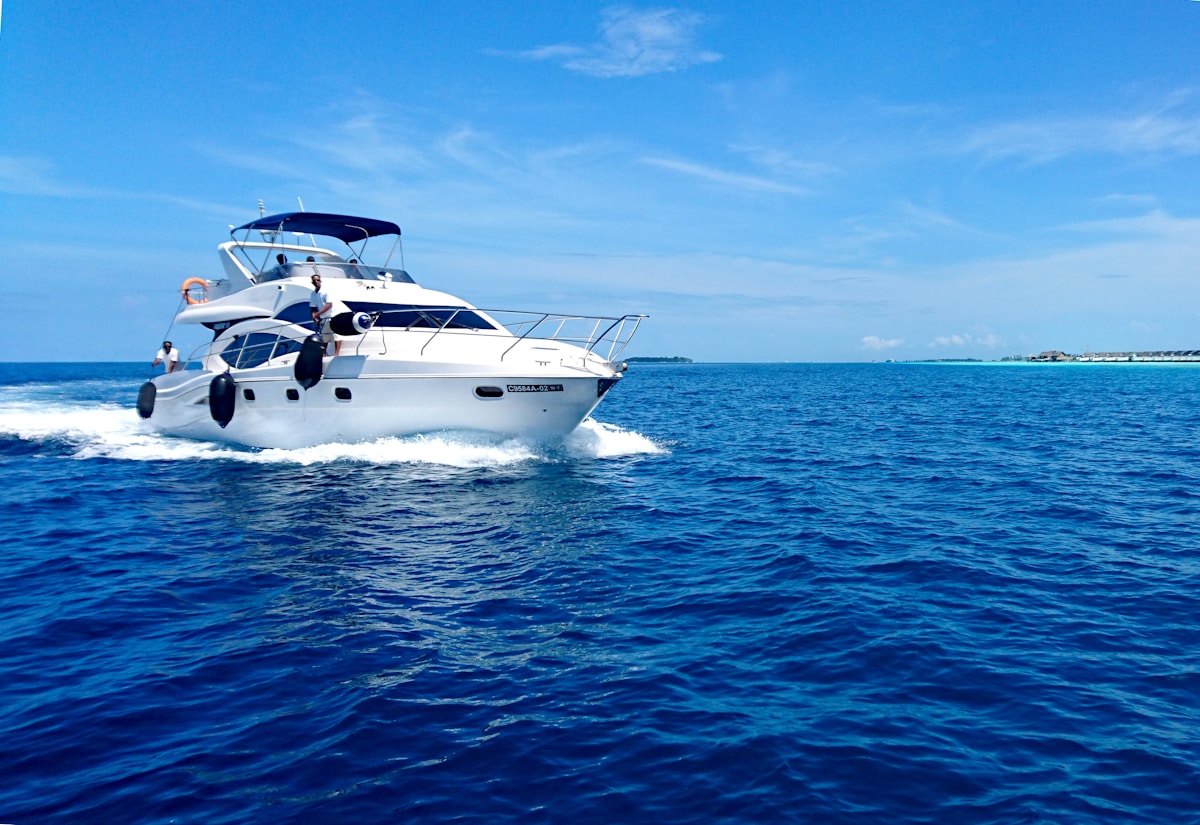Soft Coolers Perfect for Your Boating Adventures
Soft coolers for boating have gotten complicated with all the brands flying around. As someone who’s owned several, I learned everything there is to know about which ones actually hold up on the water. Today, I will share it all with you.
I’ve dragged soft coolers onto center consoles, pontoons, and even a buddy’s sailboat that had zero storage. Through salt spray, sun, and the occasional rogue wave splashing the cockpit, I’ve figured out what matters and what’s just marketing fluff. Let’s get into it.

Why Soft Coolers Beat Hard Coolers on a Boat
Here’s the thing about hard coolers on boats — they’re bulky, they slide around, and they take up space you don’t have. Soft coolers solve pretty much all of that. You can stuff them into weird compartments, wedge them under seats, or toss them in the bow without worrying about scratching gelcoat.
I switched to soft coolers about four years ago after my Igloo hard cooler went flying across the deck during a rough inlet crossing. Nearly took out my buddy’s knee. A soft cooler wouldn’t have done that kind of damage, and honestly it wouldn’t have slid as far either. The fabric bottoms grip surfaces way better than hard plastic.
They’re also a lot lighter when you’re loading up at the dock. My back thanks me every single trip. You can sling one over your shoulder and still carry a rod bag in your other hand. That’s what makes soft coolers endearing to us boaters — they actually fit into the way we use our boats instead of fighting against it.
Materials and Build Quality That Actually Matter on the Water
Probably should have led with this section, honestly. The material your soft cooler is made of determines whether it’ll last one season or five. On a boat, you’re dealing with salt, UV exposure, and moisture constantly — it’s a brutal environment for gear.
Most of the good ones use heavy-duty nylon or vinyl outer shells. You want something that’s not just water-resistant but genuinely waterproof. I’ve had cheaper coolers where the exterior fabric soaked through after a few hours in the sun, and the insulation underneath started breaking down within weeks. Not worth the savings.
Closed-cell foam insulation is what you’ll find in the better models. The thickness varies a lot — some budget coolers have maybe a quarter inch, while premium ones pack in a full inch or more. Thicker foam means better ice retention, obviously, but it also means the cooler holds its shape better when you’re cramming it into tight spots on the boat.
One thing I always check now is whether the interior lining is FDA-approved for food contact. You don’t want chemicals leaching into your drinks when it’s 95 degrees on the water. Most reputable brands use food-safe linings, but I’ve run into a couple off-brand models that smelled like a tire shop inside. Hard pass on those.
Brands I’ve Actually Used on My Boat
YETI Hopper Series
Look, YETI’s expensive. I won’t pretend otherwise. But my Hopper M20 has survived three full seasons of saltwater abuse and still looks decent. The leakproof zipper is the real standout here — I’ve tipped this thing sideways more times than I can count and never had a leak. The puncture-resistant exterior has held up against fish hooks, pliers, and general dock abuse too.
Ice retention is solid. I’ll pack it for a morning trip and still have ice left by late afternoon, even in Florida heat. Is it worth double the price of some competitors? For boating specifically, yeah, I think it is. The build quality just holds up better in marine conditions.
RTIC Soft Pack
RTIC is my go-to recommendation for people who don’t want to drop YETI money. Their soft coolers perform surprisingly close to YETI’s in terms of insulation. I bought one for my dad’s boat and it’s been going strong for two seasons now. The welded seams are legit — no leaking, no peeling apart at the corners like some cheaper options I’ve tried.
Storage space is generous for the price point. They’re a little bulkier than YETI when empty, though. You can’t flatten them out the same way, which matters if you’re tight on storage at home or on the boat.
REI Co-op Coolers
I’ll be honest — REI’s coolers are better suited for picnics than serious boating trips. I borrowed one for a short afternoon cruise and it did fine, but I wouldn’t trust it for an all-day offshore run. The ice retention drops off noticeably after three or four hours.
That said, they’re affordable and REI uses recycled materials in their construction. If you’re doing casual harbor cruises or short sunset sails, they’ll get the job done without breaking the bank. Just don’t expect them to compete with YETI or RTIC in the durability department.
What to Look For When You’re Shopping
Size matters more on a boat than anywhere else. I’d rather have two smaller coolers than one massive one — it’s way easier to distribute the weight and find spots for them. Think about your typical crew size and trip length. For a solo or couples day trip, a 20-quart is plenty. Bigger groups or longer trips, you’ll want 30 quarts or more.
Cleaning ease is something people overlook until they’re scrubbing fish juice out of the interior at 10pm. Removable liners are a game-changer. If the cooler doesn’t have one, at least make sure the interior is smooth enough to wipe down without crevices that trap gunk.
Weight and carry options deserve attention too. On the dock, you’ll want comfortable handles or a shoulder strap. Backpack-style coolers are fantastic for getting from the parking lot to the slip, but they’re harder to access once you’re on the boat. Think about how you’ll actually use it.
Features Worth Paying Extra For
- Waterproof Zippers: Non-negotiable for boating. Regular zippers will corrode from salt and fail within a season. The magnetic closures some brands use are a decent alternative but not quite as secure.
- Heavy-duty Handles: You’ll be hauling this thing loaded with ice, drinks, and food. Flimsy handles rip out fast. Look for reinforced attachment points.
- D-rings and Extra Pockets: D-rings let you clip the cooler to a railing or tie-down point so it doesn’t go sliding. External pockets are handy for bottle openers, sunscreen, and your phone.
- Adjustable Straps: Padded and adjustable is the combination you want. Your shoulders will thank you during longer carries.
- Sealed Seams: Welded or RF-sealed seams are far superior to stitched ones for marine use. Stitching creates tiny holes that eventually leak.
Keeping Your Soft Cooler Alive
I’ve ruined two coolers by being lazy about maintenance, so learn from my mistakes. After every trip — every single one — rinse the interior and exterior with fresh water. Salt will destroy zippers and degrade fabric faster than anything else. It takes two minutes and it’ll add years to the cooler’s life.
Wash the inside with mild soap and warm water. Don’t use bleach or anything abrasive. I made that mistake once with a scrub brush on a YETI and scuffed up the interior lining. Just a soft cloth and dish soap does the trick. Let it air dry completely with the lid open before storing it. Mold loves a damp, closed cooler.
Check your zippers and seams before each season starts. Run the zipper back and forth a few times and look for stiffness or corrosion. If you spot a small leak early, some marine sealant can fix it. Wait too long and you’re buying a new cooler. Store it somewhere cool and dry during the off-season — not in your garage where it’ll bake all summer.
Recommended Boating Gear
Stearns Adult Life Vest – $24.99
USCG approved universal life jacket.
Chapman Piloting & Seamanship – $45.00
The definitive guide to boating since 1917.
As an Amazon Associate, we earn from qualifying purchases.



